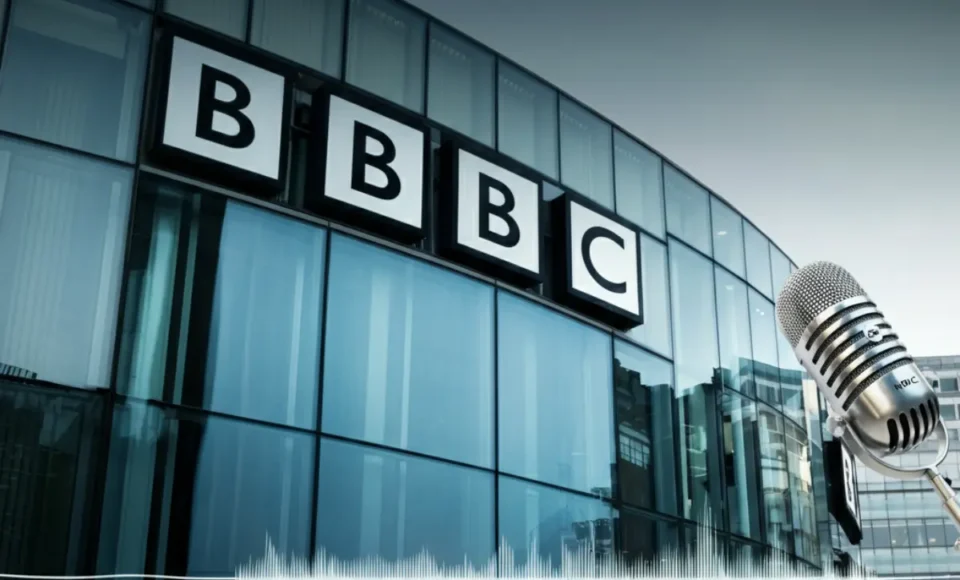The British Broadcasting Corporation, known as the BBC, has served as a trusted voice in UK broadcasting for decades. However, because of the way viewing habits are changing, many people now ask if the current licence fee model still works for modern audiences. Some believe new funding options may be fairer or more sustainable, especially as audiences grow more diverse and digital.
Scrutiny Over the Licence Fee
The licence fee remains the primary source of BBC funding. It supports programmes for millions and delivers crucial British news. Despite this, the model faces open challenges. Politicians, media experts, and viewers are all discussing alternatives. Some suggest a subscription approach, while others propose government backing or part-commercialisation.
It is important to recognise why these issues matter. Funding decisions will affect the BBC’s ability to serve local communities and provide impartial news. Any shift in funding could reshape what the BBC offers and what trusted information the audience can access.
The Challenge of Impartiality
Many households trust BBC News for impartial, balanced reporting. Nonetheless, impartiality is attracting more attention than ever. The political climate can feel divided, and social media has made opinions available in an instant. As a result, news providers must work harder to keep their reporting neutral.
Ofcom, the UK’s broadcasting regulator, ensures the BBC meets the highest standards. The corporation tries to show its dedication to fair reporting. Trust from the British audience stays essential, and BBC journalism remains under public observation.
Adapting to a Digital World
News consumption has transformed rapidly in recent years. For instance, the BBC now focuses on digital services like BBC iPlayer and an expanded online news presence. These moves attract tech-savvy and younger viewers. At the same time, they ensure the BBC continues to fit the needs of today’s UK media audience.
The BBC’s digital strategy helps it meet its public service commitments. Even as global streaming rivals and online-only news sources grow, the BBC aims to deliver reliable content across TV, radio, and the web. This commitment gives the public more choices and keeps the broadcaster relevant.
What’s Next for UK Broadcasting?
The debate over BBC News connects to a much larger conversation about UK public broadcasting. People from every background share their views—politicians, media analysts, and regular viewers alike. Everyone wants to influence the broadcaster’s next steps.
For more context on the challenges and future of public service broadcasting, take a look at Ofcom: The Future of Public Service Media.
In the coming months, government reviews and new policies will likely set a course for BBC News and similar services. Their choices will determine how the British public accesses news and entertainment for years to come.
You may also read : How to Plan a Trip with Friends for an Unforgettable Adventure
You may visit our official website : nbatimes

